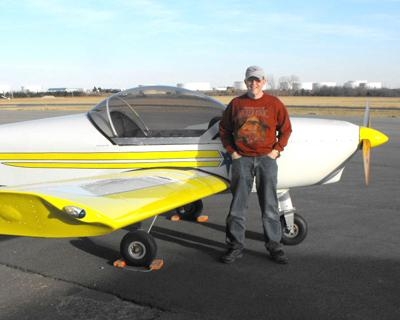Tue, Dec 15, 2015
Advertisement
More News
 NTSB Final Report: Douglas A-4K
NTSB Final Report: Douglas A-4K
Pilot Applied Full Aft Stick And Nose-Up Trim, But The Airplane Remained On The Runway Analysis: The pilot reported that a preflight inspection and flight control checks revealed n>[...]
 ANN FAQ: Q&A 101
ANN FAQ: Q&A 101
A Few Questions AND Answers To Help You Get MORE Out of ANN! 1) I forgot my password. How do I find it? 1) Easy... click here and give us your e-mail address--we'll send it to you >[...]
 Classic Aero-TV: PBY Catalina--From Wartime to Double Sunrise to the Long Sunset
Classic Aero-TV: PBY Catalina--From Wartime to Double Sunrise to the Long Sunset
From 2022 (YouTube Edition): Before They’re All Gone... Humankind has been messing about in airplanes for almost 120-years. In that time, thousands of aircraft representing i>[...]
 ANN's Daily Aero-Term (07.01.25): Advanced Air Mobility (AAM)
ANN's Daily Aero-Term (07.01.25): Advanced Air Mobility (AAM)
Advanced Air Mobility (AAM) A transportation system that transports people and property by air between two points in the NAS using aircraft with advanced technologies, including el>[...]
 ANN's Daily Aero-Linx (07.01.25)
ANN's Daily Aero-Linx (07.01.25)
Aero Linx: MQ-1B Predator The MQ-1B Predator is an armed, multi-mission, medium-altitude, long-endurance remotely piloted aircraft that is employed primarily as an intelligence-col>[...]
blog comments powered by Disqus




